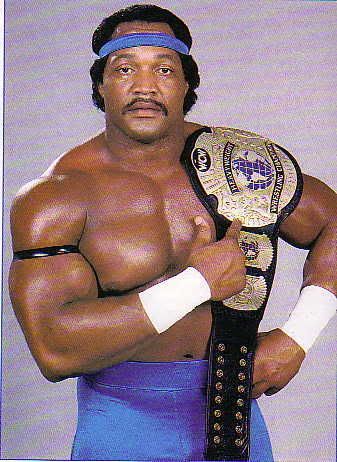Deadpool1986
Cook with a Mouth
John M. Langston, America's first elected black politician

John Langston
Date:
Tue, 1829-12-15
This date marks the birth in 1829 of John Mercer Langston, an African American abolitionist, attorney, educator, and political activist.
Langston was born free to a white plantation owner John Quarles and Lucy Jane Langston, a slave. He was the youngest of four children. His older brother, Charles Henry, became noted abolitionist Charles Henry Langston, and John was the great-uncle of renowned poet Langston Hughes.
When he was 4, both his parents died and he went with a family friend to Oberlin, Ohio. At the age of 14, Langston enrolled in the Preparatory Department at Oberlin College. He enrolled in the graduate program in Theology at Oberlin in preparation for later legal study. Although he obtained a Master's degree, he was denied entry to law school, and he read law under a lawyer in Elyria. He was the first Black lawyer in Ohio admitted to the bar, in 1854.
Langston married Caroline Wall, a student at Oberlin, settled in Brownhelm, OH, and established a law practice. He was elected to the post of Town Clerk in 1855, perhaps the first African American elected to public office in the United States, and later, after he moved back to Oberlin in 1856, he was elected city councilman and later to the board of education.
Langston helped create the Republican Party in 1854. With the aid of his brothers Gideon and Charles, Langston organized antislavery societies at both the state and local levels. He helped runaway slaves to escape along the Ohio border as part of the Underground Railroad.
He played a major role in recruiting Black soldiers for the Union Army during the Civil War. When the war ended, he was appointed inspector general for the Freedmen's Bureau, a federal agency created to assist freed slaves.
Langston moved to Washington in 1868 to organize and become dean of the first Black law school in the nation at Howard University. He also became the first Black to practice before the U.S. Supreme Court. He was elected a delegate to the Republican National Convention in 1876, and a year later named U.S. minister to Haiti.
Langston returned to Virginia in 1885 to serve as the first president of what is now Virginia State University. In 1888, he ran as an independent for a seat in the U.S. House of Representatives. He won, the first African American elected to Congress from Virginia, but his victory was contested for 18 months and he served only 6 months before being unseated in the next election.
Langston retired to Washington, where he wrote his autobiography, "From the Virginia plantation to the National Capitol: or, The only Negro representative in Congress from the Old Dominion," published in 1894. He died in 1897.

John Langston
Date:
Tue, 1829-12-15
This date marks the birth in 1829 of John Mercer Langston, an African American abolitionist, attorney, educator, and political activist.
Langston was born free to a white plantation owner John Quarles and Lucy Jane Langston, a slave. He was the youngest of four children. His older brother, Charles Henry, became noted abolitionist Charles Henry Langston, and John was the great-uncle of renowned poet Langston Hughes.
When he was 4, both his parents died and he went with a family friend to Oberlin, Ohio. At the age of 14, Langston enrolled in the Preparatory Department at Oberlin College. He enrolled in the graduate program in Theology at Oberlin in preparation for later legal study. Although he obtained a Master's degree, he was denied entry to law school, and he read law under a lawyer in Elyria. He was the first Black lawyer in Ohio admitted to the bar, in 1854.
Langston married Caroline Wall, a student at Oberlin, settled in Brownhelm, OH, and established a law practice. He was elected to the post of Town Clerk in 1855, perhaps the first African American elected to public office in the United States, and later, after he moved back to Oberlin in 1856, he was elected city councilman and later to the board of education.
Langston helped create the Republican Party in 1854. With the aid of his brothers Gideon and Charles, Langston organized antislavery societies at both the state and local levels. He helped runaway slaves to escape along the Ohio border as part of the Underground Railroad.
He played a major role in recruiting Black soldiers for the Union Army during the Civil War. When the war ended, he was appointed inspector general for the Freedmen's Bureau, a federal agency created to assist freed slaves.
Langston moved to Washington in 1868 to organize and become dean of the first Black law school in the nation at Howard University. He also became the first Black to practice before the U.S. Supreme Court. He was elected a delegate to the Republican National Convention in 1876, and a year later named U.S. minister to Haiti.
Langston returned to Virginia in 1885 to serve as the first president of what is now Virginia State University. In 1888, he ran as an independent for a seat in the U.S. House of Representatives. He won, the first African American elected to Congress from Virginia, but his victory was contested for 18 months and he served only 6 months before being unseated in the next election.
Langston retired to Washington, where he wrote his autobiography, "From the Virginia plantation to the National Capitol: or, The only Negro representative in Congress from the Old Dominion," published in 1894. He died in 1897.

















 .......... ok
.......... ok